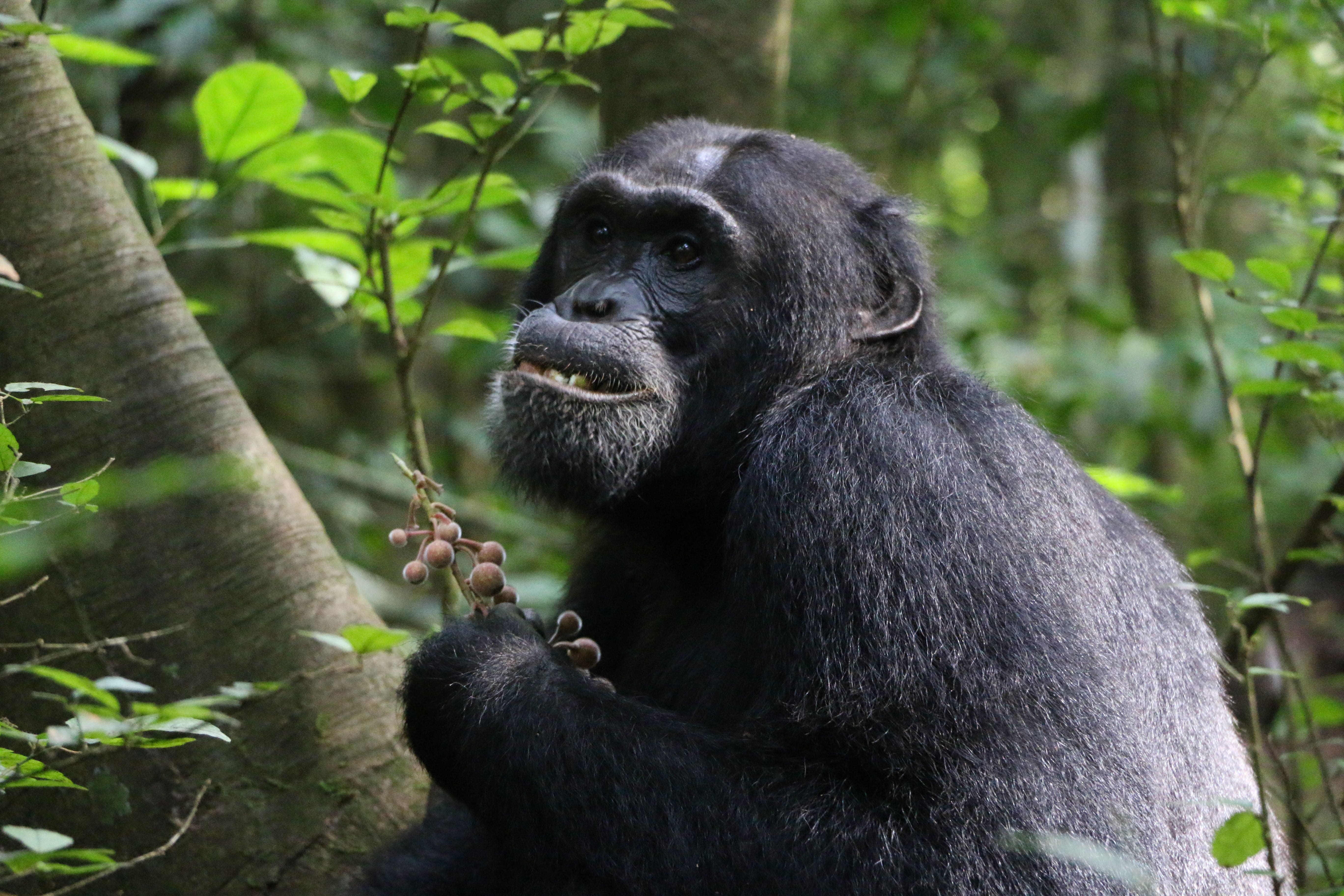Chimps helping scientists find plants that have potential to become medicines
Observing primates could pave the way for new drug discoveries, researchers say.

Your support helps us to tell the story
From reproductive rights to climate change to Big Tech, The Independent is on the ground when the story is developing. Whether it's investigating the financials of Elon Musk's pro-Trump PAC or producing our latest documentary, 'The A Word', which shines a light on the American women fighting for reproductive rights, we know how important it is to parse out the facts from the messaging.
At such a critical moment in US history, we need reporters on the ground. Your donation allows us to keep sending journalists to speak to both sides of the story.
The Independent is trusted by Americans across the entire political spectrum. And unlike many other quality news outlets, we choose not to lock Americans out of our reporting and analysis with paywalls. We believe quality journalism should be available to everyone, paid for by those who can afford it.
Your support makes all the difference.Oxford scientists have identified 13 plants that have potent wound-healing and infection-fighting properties in a “thrilling” discovery – with help from some wild chimpanzees.
Researchers observed the great apes in an African forest feeding on bark, dead wood and leaves from plants that were not part of their normal diet after becoming ill or injured.
Watching how chimpanzees – the closest living human relative – seek help from nature when unwell could fast-track the discovery of new drugs to treat chronic diseases and infections, the researchers said.
Dr Elodie Freymann, from the University of Oxford’s School of Anthropology and Museum Ethnography, said: “Our study highlights the medicinal knowledge that can be gained from observing other species in the wild and underscores the urgent need to preserve these forest pharmacies for future generations.”
To study wild chimpanzee self-medication you have to act like a detective, gathering multidisciplinary evidence to piece together a case
For the study, published in the journal Plos One, the researchers turned “detectives”, following 51 chimpanzees at the Budongo Central Forest Reserve in Uganda for several months.
The aim was to gather “behavioural clues” and find out whether the primates were intentionally self-medicating.
Analysing video recordings, the team found a wounded male chimpanzee eating the leaves of a fern known as Christella parasitica, which was shown to have anti-inflammatory properties when tested in the lab.
The fern may have helped to reduce pain and swelling, the researchers said.
The scientists also observed another chimpanzee with a parasite infection eat the bark of the cat-thorn tree (Scutia myrtina), a behaviour that had never been seen before in this group.
Lab tests also showed other plant extracts, such as dead wood from a tropical forest tree called Alstonia boonei and bark and resin from the East African mahogany tree (Khaya anthotheca), to have strong wound-healing and infection-fighting properties.
A majority of the plant samples (88%) analysed in the lab had antibiotic properties and 33% showed anti-inflammatory benefits, the researchers said.
Dr Freymann said: “To study wild chimpanzee self-medication you have to act like a detective, gathering multidisciplinary evidence to piece together a case.
“After spending months in the field collecting behavioral clues that led us to specific plant species, it was thrilling to analyse the pharmacological results and discover that many of these plants exhibited high levels of bioactivity.”